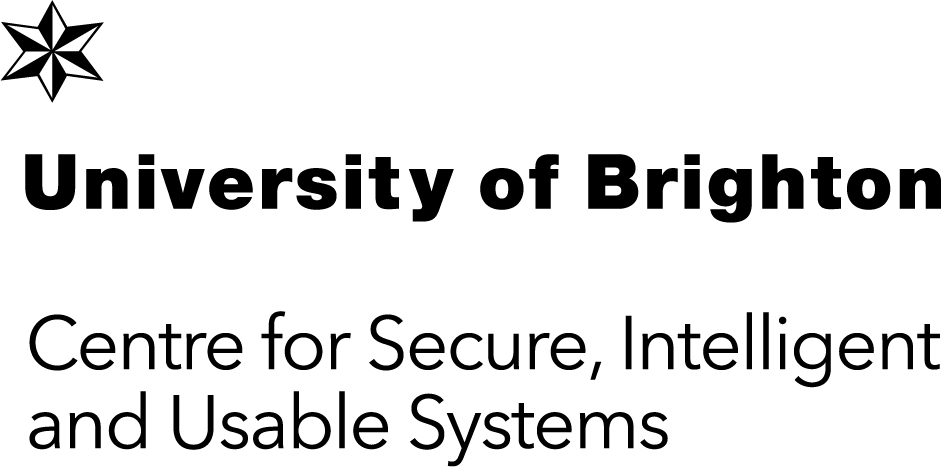
PhD student, Julia Meister, won the “Bronze Sustainability award” out of over 150 finalists in the STEM for Britain competition in the House of Commons. This is an annual poster competition in the Houses of Parliament to support and promote Britain’s early-career research scientists and engineers.
Julia’s work focuses on measuring emission savings when deploying a circular economy with medical equipment.
Every year, the NHS produces over 590,000t of healthcare waste in England alone, creating significant environmental impacts and a financial cost of over £700m. Thus, to become carbon neutral by 2040 (UK Health and Care Act), the NHS requires a substantial shift to more sustainable approaches. To this end, the goal of this project was to research carbon footprint models to measure the emission savings of switching from single-use medical equipment (i.e., linear economy) to remanufactured equipment (i.e., circular economy). We have developed a novel framework to personalise the emission results and interpret them in the context of individual healthcare providers’ use cases. This research brought together an interdisciplinary, cross-country team of academic researchers and industry practitioners, including the NHS (England), the Association of Medical Device Reprocessors (USA), and Innovative Health (USA), to address the sustainability challenge in healthcare.
Ms Meister has been researching data-driven solutions for healthcare since 2020. Besides doing research, she is an avid public speaker and science communicator who represented the University of Brighton at the UK national “3 Minute Thesis” 2022 competition. Ultimately, her life-long aspiration is to contribute to the ongoing efforts to unburden our public health infrastructure and make healthcare more sustainable for every patient.




